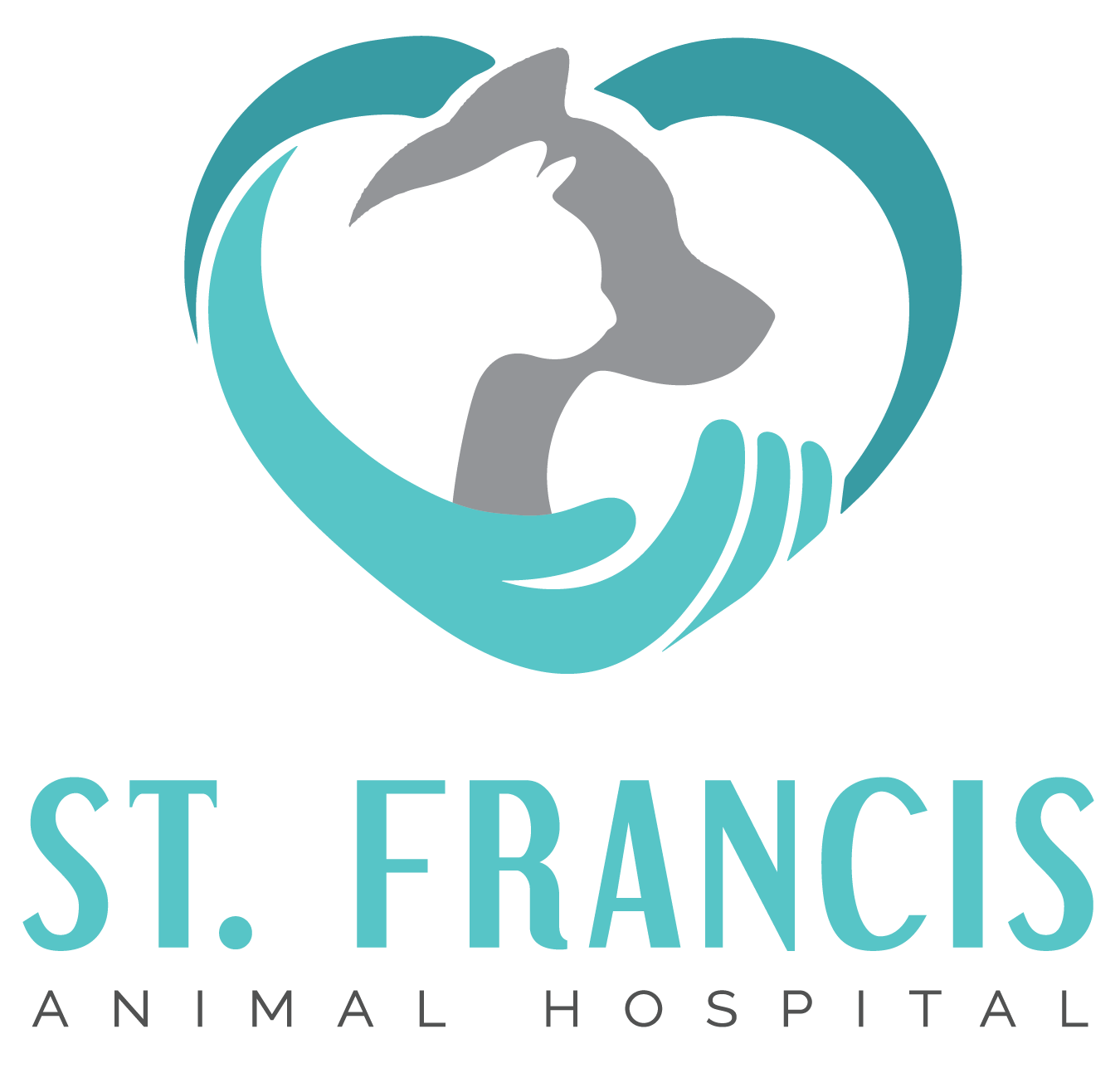Site Menus Section Skip to page content


Site Accessibility Features: Skip to page menus
Site Menus Section Skip to page content

May 30 2024
Home » News » Understanding Antibiotic Resistance A Guide For Pet Owners
Our pets rely on us for love, care, and protection, and part of that responsibility includes understanding the health risks they face. One such emerging threat is antibiotic resistance, a growing concern that affects not only humans but also our beloved pets. In this blog, we’ll explore what antibiotic resistance is, why it’s a problem, and how you can help safeguard your pets’ health.
Antibiotic resistance occurs when bacteria evolve and develop the ability to defeat the drugs designed to kill them. Bacteria pass these resistant genes to their offspring, and they can also share them with other bacteria nearby. Infections caused by resistant bacteria become harder to treat, leading to prolonged illnesses, more frequent veterinary visits, and an increased risk of severe complications, including death. In fact, antibiotic-resistant infections have become a leading cause of death in people, on a global scale.
Limited Treatment Options: When bacteria become resistant to commonly used antibiotics, veterinarians have fewer options to effectively treat infections. This can lead to longer recovery times and higher medical costs.
Increased Risk of Spread: Resistant infections can spread from pets to other animals and even to humans, posing a public health risk. This is particularly concerning for households with vulnerable individuals, such as young children, the elderly, or immunocompromised family members.
Complicated Medical Procedures: Antibiotic resistance can complicate routine procedures and surgeries. Infections that arise post-surgery or during treatment for chronic conditions can become more difficult to manage.
Overuse of Antibiotics: One of the primary drivers of antibiotic resistance is the overuse and misuse of these medications. This includes:
Improper Dosing: Incorrect dosing, either too low or too high, can contribute to resistance.
Use of Antibiotics in Agriculture: Antibiotics used in livestock can contribute to the development of resistant bacteria. These bacteria can be transmitted to pets through contaminated food or contact with farm environments.
Antibiotic resistance is a serious issue that requires our attention and action. By using antibiotics responsibly and following best practices, we can help protect our pets and ourselves from the dangers of resistant infections. Together, we can ensure that antibiotics remain effective tools in fighting bacterial infections and maintaining the health and well-being of our pets and ourselves.
LifeLearn News
Note: This article, written by LifeLearn Animal Health (LifeLearn Inc.) is licensed to this practice for the personal use of our clients. Any copying, printing or further distribution is prohibited without the express written permission of Lifelearn. Please note that the news information presented here is NOT a substitute for a proper consultation and/or clinical examination of your pet by a veterinarian.
4624 Harrison RD Fredericksburg, Virginia 22408
Call nowDirectionsMake an AppointmentP / 540-891-1275 E / stfrancisanimalhosp@hotmail.com F / 540-891-4698
Monday: 8AM – 6PM Tuesday: 8AM – 6PM Wednesday: 8AM – 6PM Thursday: 8AM – 6PM Friday: 8AM – 6PM Saturday: Closed Sunday: Closed
© 2025 St. Francis Animal Hospital. Powered by LifeLearn Veterinary Websites